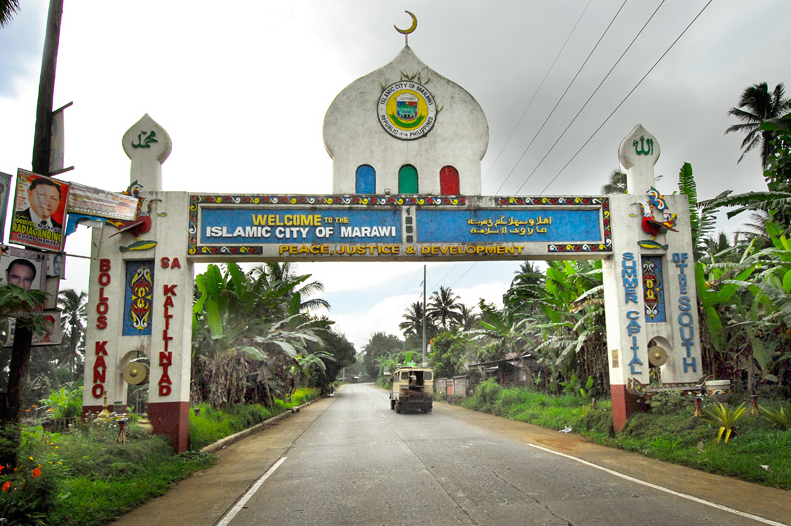My Marawi of yore
Marawi of yore was tranquil—your typical Muslim community where devotees woke up before dawn (it was thus plain stupidity to stage the Mamasapano siege at dawn) for the first of their five daily prayers that start with Soboh salah and are spread out at intervals (noon, afternoon, sunset and night).
It was almost a boring life in Marawi. Yet it was the envy of neighboring towns because it harbored residents of diverse religions and customs—a sort of social laboratory where they coexisted harmoniously, unmindful of differences in religion and ethnicity. The Chinese ran the stores while the Christian Bisaya brought their wares from nearby Iligan and Ozamiz to trade. Christians were employed in hospitals, schools and government offices. Marawi was keeping abreast with the march toward development and modernity.
Article continues after this advertisementI grew up in the peaceful lakeside town of Wato, a few kilometers from Marawi. It was always an occasion of joy for us kids to visit Marawi with our parents and be treated to a movie in the Indian Theatre. Marawi was the center of commerce of Lanao del Sur, and during market days (Mondays and Thursdays) it came alive with people of diverse origins, wearing vibrant native dresses. Women did not cover their head and face with black cloth. There were even restaurants cum bars, patronized by defiant juveniles, which discreetly sold haram wines.
Now, I can hardly recognize the place I love. The Chinese store owners are gone. My Christian playmates have returned to their places of origin. The men are wearing the Pakistani kurta shalwar and the women are wearing the all-concealing chador. There is no cinema anymore; there are no more Bisaya and other groups living there, except perhaps a few who have a filial affiliation with a Maranaw who promises protection from harm. An atmosphere of fear and anguish permeates the city.
My birthplace is now home to a major camp of the Moro Islamic Liberation Front. Skirmishes between rebels and government troops are a common occurrence. This is the new normal in my birthplace. The young and energetic mayor of Marawi City, Majul Gandamra, a lawyer who has made sweeping and meaningful reforms in so short a time, would be no match to the security problem without support from the national government.
Article continues after this advertisementWhat has happened and why?
Sociologists and anthropologists may offer theories to explain this hugely complex, multifaceted issue. Let me offer briefly, for lack of space, my layman’s take on one facet.
The wave of Muslim scholars seeking higher education in the Middle East has much to do with the creeping radicalism among Muslims today. Most leaders of the secessionist movements were schooled in Middle East countries through scholarships granted by benevolent Arab governments. For example, Omar Khayyam, a leader of the Maute Group, was a student of Al Azhar University when I was serving as Philippine ambassador to Cairo. These Muslim scholars have been influenced by the radicalism sweeping the Muslim world, the al-Qaeda and IS menace, the “Arab Spring,” and the resurgence of Salafism-Wahhabism teachings. Our intelligence and security experts should put this matter on their radar.
I am not averse to sending Muslim scholars to Arab countries. I fully support any move for the scholastic development of Moros. But this should be regulated and supported by our government in such a way as to protect our scholars from the influence of cancerous extremism. The “Toril” system (“Why is IS eyeing Lanao del Sur,” Opinion, 2/09/17) should be granted budgetary support and integrated into our mainstream educational system just like the madrasah , where Philippine history and culture, patriotism and religious tolerance, and not exclusively subjects on Islam, are taught.
I might be inviting a fatwa for seemingly being anti-Islam, but alongside my love for Islam are my Filipino nationalism and love for fellow Filipinos.
And as I prepare for my Soboh prayers, a wave of nostalgia for my Marawi of yore hits me.
Macabangkit B. Lanto ([email protected]), UP Law 1967, was a Fulbright Fellow to New York University for his postgraduate studies and has served the government in various capacities. This piece was written two weeks before the violence in Marawi City that led to President Duterte’s declaration of martial law in Mindanao.

















